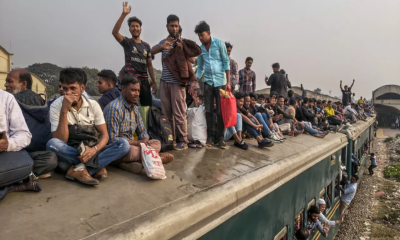Dr. Badiul Alam Majumdar, Chief of the Election System Reform Commission and member of the National Consensus Commission, has warned that an election held without reforms could become controversial.
He made the remarks on Saturday during a shadow parliament session titled “The Role of the Election Commission Is Key to Ensuring a Free and Fair Next National Parliamentary Election”, organized by Debate for Democracy at the FDC in Dhaka.
Dr. Majumdar emphasized the urgency of holding the upcoming parliamentary elections in February, stating that there should be no uncertainty regarding the election schedule.
He noted, “The Election Commission cannot conduct a fair election without government cooperation. This time, a level playing field will be maintained. If all parties act responsibly, voters will confidently line up to cast their votes. However, if political parties remain engrossed in money politics, a fair election is impossible. While the Election Commission plays a central role, responsible participation from candidates, voters, civil society, and the media is equally crucial.”
On student politics, Dr. Majumdar stressed that it is necessary but must not be based on factionalism.
“Students often engage in positive activities, but a gang-based student politics is unacceptable. Students cannot become enforcers for any political party. Election results in student councils can influence national elections,” he said.
Regarding electoral systems, he acknowledged the limitations of both proportional representation and constituency-based elections, noting that discussions are ongoing about forming the lower house through constituency-based elections and the upper house via proportional representation.
In his remarks, Debate for Democracy Chairman Hasan Ahmed Chowdhury Kiran said, “Major political parties have yet to reach consensus on several critical issues. Although the election schedule was announced, the July Charter has not been finalized. Disagreements persist on whether the election will follow the traditional or proportional representation system. Such differences raise new concerns about organizing the upcoming election. If the election cannot be conducted as scheduled, the country could face a severe crisis. Therefore, for the sake of democracy, the nation, and the country, all political parties should compromise and accelerate preparations for the next election. However, a free and credible election is impossible without the cooperation of the Election Commission, administration, political parties, candidates, and voters.”
He added that anti-autocratic parties must reduce divisions, avoid mudslinging, and maintain decorum in public statements. “Disputes among parties participating in past uprisings should not escalate, as it could create opportunities for defeated forces to foster unrest. While some attempt to instill fear of incidents like the 1/11 event or civil war, such concerns are unfounded. Despite political disagreements, all parties remain united against fascism.”
The shadow parliament event concluded with a debate competition in which Bangladesh University of Business and Technology debaters defeated Sir Salimullah Medical College. Judges included Prof. Abu Muhammad Rais, Dr. S.M. Morshed, journalist Saidur Rahman, Zakir Hossain Liton, and Md. Humayun Kabir. Winners received trophies, crests, and certificates.


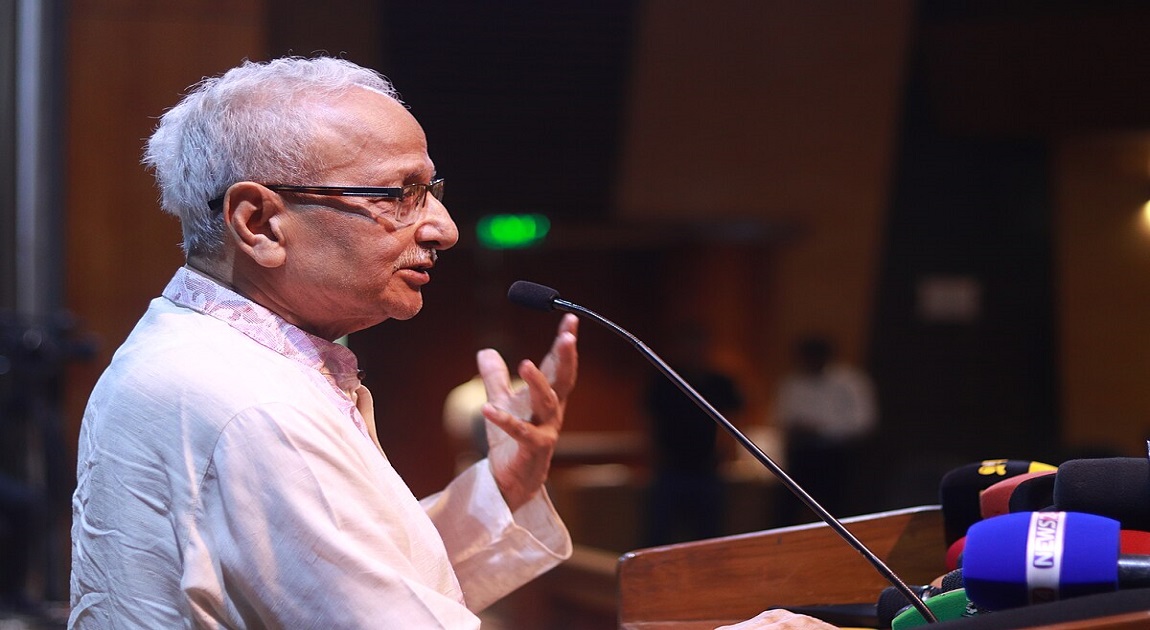




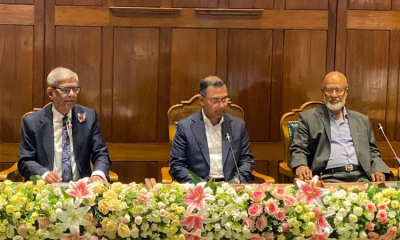

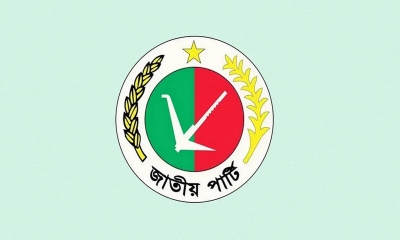
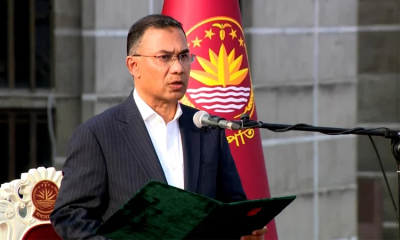
-20260218060047.jpeg)

-20260217073221.webp)

-20260216115008.webp)
















